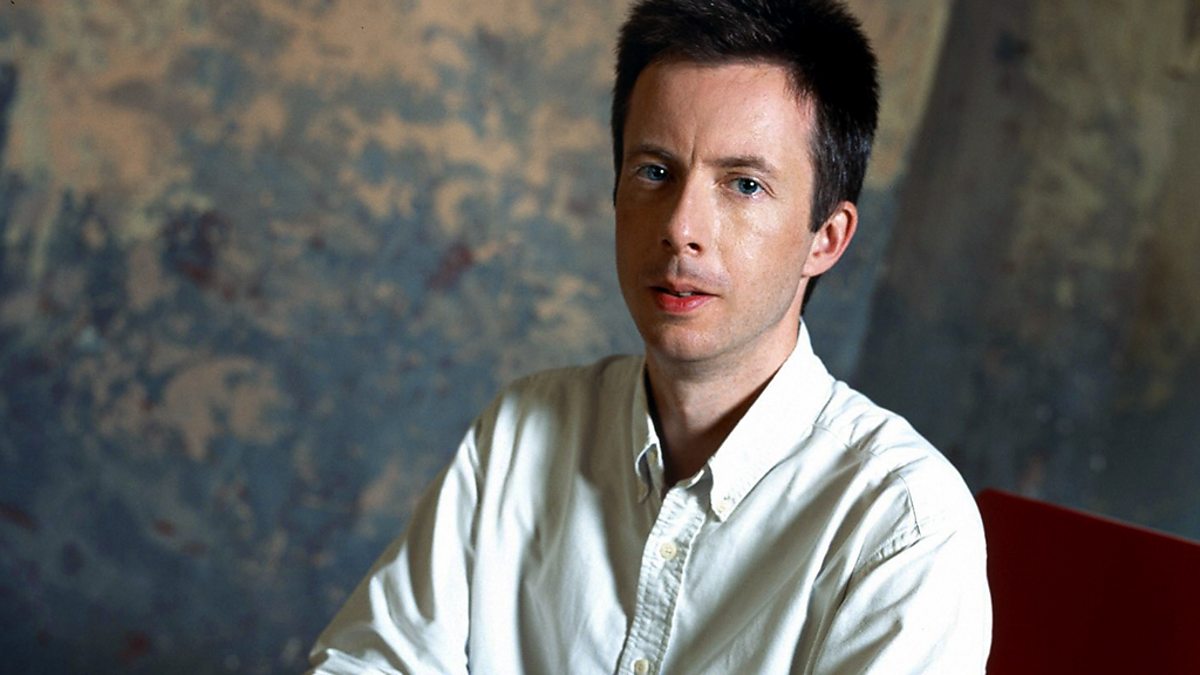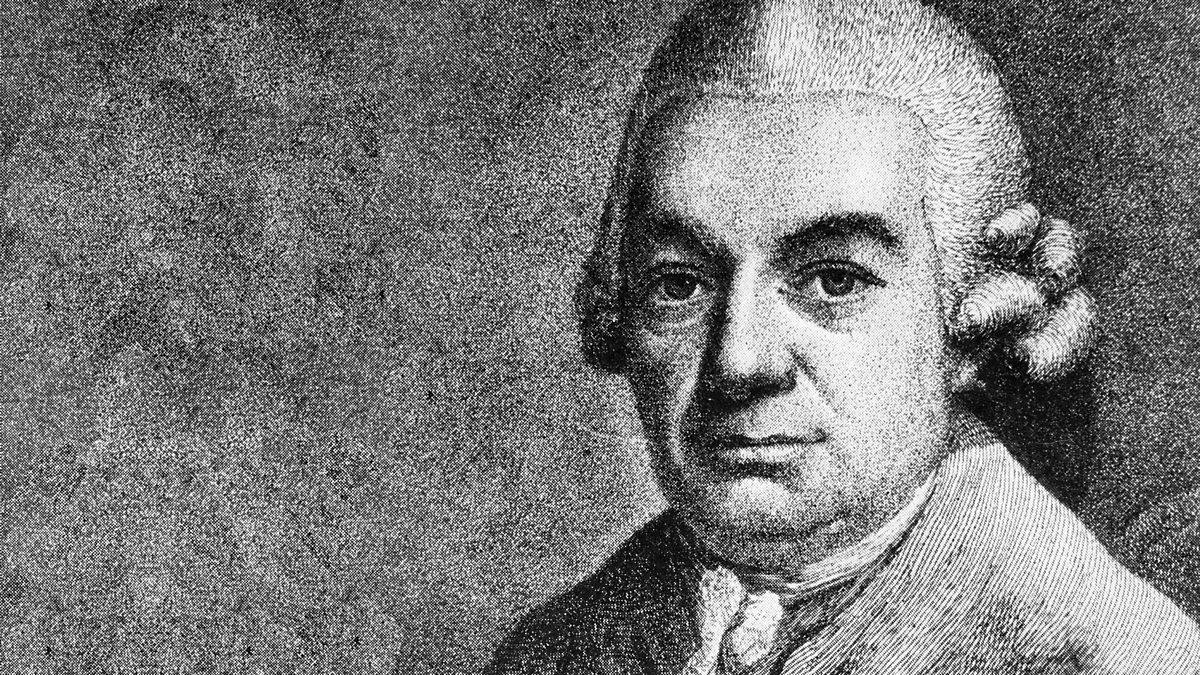Originally posted by MrGongGong
View Post
Excellent news.
Another problem will be the shortage of "20th century harpsichords" for the Poulenc, Frank Martin etc repertoire. Few harpsichord builders now are interested in producing such beasts - and the existing ones are a dying breed. But they will be necessary for proper 'early music' performances of such works...







Comment